This article is part of the Financial Times free schools access programme. Details/registration here.
Recommended FT articles and tasks picked by our teacher advisers to help improve study, exam and interview success.
UK POLITICS
Democracy and participation
Citizens’ assemblies could help repair our toxic political culture
No, British democracy isn’t safer than America’s
New election laws will be a defining test of Rishi Sunak’s integrity
The Tories must reverse course on voter IDs
UK pressure groups
Keir Starmer pledges free vote on legalising assisted dying in England
Green groups lambast plan to boost housebuilding by ditching English waterway protections
Extinction Rebellion abandons disruptive climate protests in UK
Injunction granted against UK climate protesters
Greensill affair exposes opaque UK lobbying rules
XR sees funding return as it tries to find its feet back on streets
Rights in the UK
Coronation day arrests prompt fears for UK civil liberties
UK plans to overhaul human rights law come under fire
UK to inject ‘common sense’ into human rights legislation
Retired judge to lead review into UK human rights laws
Contrasting police methods during lockdown raise liberty fears
Established UK political parties:
· General
Are Labour and the Conservatives adopting ‘Heevesian’ economics?
Sunak’s instincts are leading the Tories to ever worse defeat
Rishi Sunak suffers Tory backlash as MPs back legislation to ban smoking
Labour and Tories fall prey to optimism on tax and spend
Mandates are overrated — Keir Starmer just needs the win
Rishi Sunak seeks to harvest political advantage with autumn poll strategy
Rishi Sunak faces migration dilemma as Tory civil war worsens
A hefty shock awaits those who see little difference between Starmer and Sunak
It’s ‘nerd vs nerd’ as British politics returns to normal
Property donors provide one-quarter of funds given to Tory party
· Conservative party
Rishi Sunak’s premiership under scrutiny at fractious Tory conference
How the Thatcherites lost their Brexit dream and their party
Boris Johnson plan to fund health and social care lifts UK tax burden to 70-year high
Rishi Sunak’s un-Tory Budget confounds assumptions once again
Will Boris Johnson reverse Thatcherism?
· Labour party
Keir Starmer hands Blairite MPs key roles in Labour reshuffle
Labour stands for ‘sound money’, Starmer to tell party conference
Keir Starmer defends Tony Blair as Labour continues shift to centre
The UK approach to Northern Ireland is one of casual political vandalism
· Liberal Democrat Party
Lib Dems to press Rachel Reeves to raise taxes on banks and wealthy
Ed Davey calls on Lib Dems to ‘wake up and smell the coffee’ after becoming leader’
Emerging/minor UK parties
The unravelling of the Scottish National party
Reform’s success is not the real story of the by-elections
SNP backs revised plan for Scottish independence referendum
Britain’s tiny Tea Party casts a big shadow
Scotland’s incoming first minister has a daunting in-tray
Nicola Sturgeon had run out of ideas on Scottish independence
How much of a threat is Reform UK to the Tories?
UK Electoral systems
The new volatility in British politics
Brace for the most distorted election result in British history
Keir Starmer under pressure from within Labour party to back UK electoral reform
Labour and Lib Dems in informal ‘non-aggression’ pact before next UK election
Britain’s left needs more than informal pacts
SNP announces power-sharing deal with Scottish Greens
Lib Dems fear promise to reverse Brexit has backfired
UK elections and referendums
Keir Starmer sets out plans to raise £8.6bn in tax at Labour manifesto launch
A last gamble for a UK prime minister who has run out of road
Sunak’s Conservatives are betting against the future
Boris Johnson rejects SNP call for independence referendum
Boris Johnson’s big win with Conservatives
UK voting behaviour and media
This will be the UK’s first post-TV election
Spare us the sanctimony on fit and proper media owners
Labour lets itself dream of power after by-election triumphs
How education became the new faultline in British politics
Why are women voters moving to the left?
Johnson benefits from voters’ lack of trust
UK GOVERNMENT
UK constitution
Labour explores replacing House of Lords with elected chamber
How will King Charles influence politics in the UK?
New bill of rights would allow UK courts to diverge from ECHR rulings
The UK’s flexible constitution has had its day
Making UK governance fit for the future
The UK’s constitution is not working
British politics will stay sleazy until the Lords is reformed
Devolution
N Ireland executive could return this weekend after DUP agrees landmark deal
English devolution ‘comes of age’ as Manchester takes on the buses
Hunt examines new fiscal powers for mayors in England
Sunak in constitutional clash with Sturgeon over gender reform bill
Northern Ireland’s DUP rejects appeal to join power-sharing executive
Gove calls for devolution of control of business rates to England’s mayors
Is the UK heading for break-up?
Brexit’s second act may break the UK union
England’s metro mayors find new platform during Covid crisis
Nations of UK stay in lockdown lockstep despite devolution
Parliament and executive
Keir Starmer’s win on winter fuel cut may prove temporary reprieve
Plans to criminalise UK rough sleepers dropped after backlash
House of Lords inflicts fresh defeats on Rishi Sunak’s Rwanda bill
Rwanda bill rebellion takes heavy toll on Rishi Sunak
Rishi Sunak secures win in Rwanda asylum vote
Why does it matter if a PM lies to Parliament?
The new ‘government by diktat’ bypasses parliament altogether
Boris Johnson must heed the furore around standards
Government in U-turn on dumping sewage in English rivers
UK government must loosen its grip on parliamentary process
Johnson suffers big Tory revolt as MPs approve England’s Covid curbs
Johnson suffers heavy Lords defeat as senior Tories attack Brexit law
UK establishment criticised for dropping the ball on Kremlin threat
A Boris Johnson government requires more checks on power
PM and executive
Rishi Sunak faces intractable problems on first anniversary as prime minister
Rishi Sunak’s immigration conundrum
Nadhim Zahawi sacked as Tory party chair over his tax affairs
The inside story of Liz Truss’s disastrous 44 days in office
Truss finally admits defeat on tax benefit for the wealth
Liz Truss installs close allies in top cabinet jobs
Boris Johnson: the entertainer who tried to defy political gravity
How will Boris Johnson govern after his leadership challenge?
Boris Johnson’s Downing Street shake-up needs to succeed — and fast
Boris Johnson recasts UK government with big cabinet shake-up
Matt Hancock resigns as UK health secretary
The UK Prime Minister and the Coronavirus Crisis
UK Supreme Court
Sunak pledges to change the law after Supreme Court rules against Rwanda policy
UK Supreme Court begins hearing on Scottish independence
Shamima Begum cannot return to UK for citizenship battle, Supreme Court rules
Parliament the winner in prorogation case, say lawyers
European Union
What does Northern Ireland protocol bill do and why is it contentious?
The UK approach to Northern Ireland is one of casual political vandalism
GOVERNMENT AND POLITICS OF THE USA
US constitution and federalism
Donald Trump asks US Supreme Court to put presidential immunity ruling on hold
Lawsuit seeks to declare Donald Trump’s presidential bid unconstitutional
Will America tear itself apart?
Trump claims ‘total’ authority as he considers easing lockdown
Donald Trump’s chaotic coronavirus crisis
US Congress
US Senate passes $95bn bill including aid for Ukraine
Democrats expand Senate majority after winning Georgia run-off
‘A slow, painful death’: Biden’s domestic agenda withers as he jets abroad
Senate approves Joe Biden’s $1.9tn stimulus legislation
US Presidency
Joe Biden’s high-stakes election gamble
Brown-Jackson’s confirmation offers much-needed ray of light for Biden
Biden’s disappointing first year in office
Trump sues to prevent release of presidential records related to Capitol riot
Joe Biden’s quietly revolutionary first 100 days
Donald Trump’s weaponised lies blew up in his face
Donald Trump’s weaponised lies blew up in his face
Donald Trump’s pardoning spree tests boundaries of authority
Trump’s big flaw: terrible hiring
Donald Trump’s presidency continues its bizarre degeneration
US Supreme Court and civil rights
Supreme Court gives Donald Trump’s White House bid another shot of momentum
Joe Biden opens green card path to undocumented immigrant spouses of US citizens
US Supreme Court rejects challenge to top consumer finance agency
US Supreme Court curbs consideration of race in university admissions
Abortion law: Roe vs Wade and the US constitution
Abortion ruling shows growing might of US Supreme Court’s conservatives
Biden’s Supreme Court nominee emphasises ‘neutral’ approach to cases
US Supreme Court tilts to the right — but how far will it go?
Voting rights: the battleground that could determine the next US election
US Supreme Court rejects Trump-backed challenge to election
The US Supreme Court turns to the right
Ginsburg’s death sparks election battle over Supreme Court’
US Supreme Court refuses to bend to Trump’s will
US Supreme Court and civil rights
Landmark US Supreme Court ruling protects LGBT rights at work
Behind the unjust agenda of America’s highest court
US electoral process
How close is the US presidential election race?
What’s next after Trump’s guilty verdict?
The Trump machine: the former president’s dash for campaign cash
Super Tuesday in charts: what the results reveal about Trump’s voters
Donald Trump’s big New Hampshire win hides White House electability issues
US election 2024: who are the Republican presidential candidates?
By the numbers: what we have learnt from the 2022 US midterm elections
Justin Amash heads towards third party US presidential run
Joe Biden’s surge poses threat to Bernie Sanders’ US primary hopes
Gerrymandering: America’s other border crisis
US political parties
Kamala Harris pitches for centre in first big TV interview as presidential candidate
Third-party candidates pose new threat to Biden re-election bid
‘People are frustrated’: Gaza war opens rift among US Democrats
The ungovernable Republicans: ‘Their goal is chaos’
Biden touts ‘Bidenomics’ as antidote to failed trickle-down policies
US Senate passes bill to end debt ceiling stand-off and avoid default
US-style conservatism offers only a dead end for British Tories
Ron DeSantis says more Ukraine aid not in ‘US vital national interests’
Joe Biden warns China over threats to US sovereignty in State of the Union address
Republicans focus on education in bid to win back suburban America
Liz Cheney launches blistering attack on fellow Republicans over Trump
How far will US polarisation go?
US pressure groups/interest groups
NRA to press on with Houston conference despite Texas school shooting
US gun control activists hope this time will be different
Washington’s revolving door: can Trump staffers find lobbying jobs?

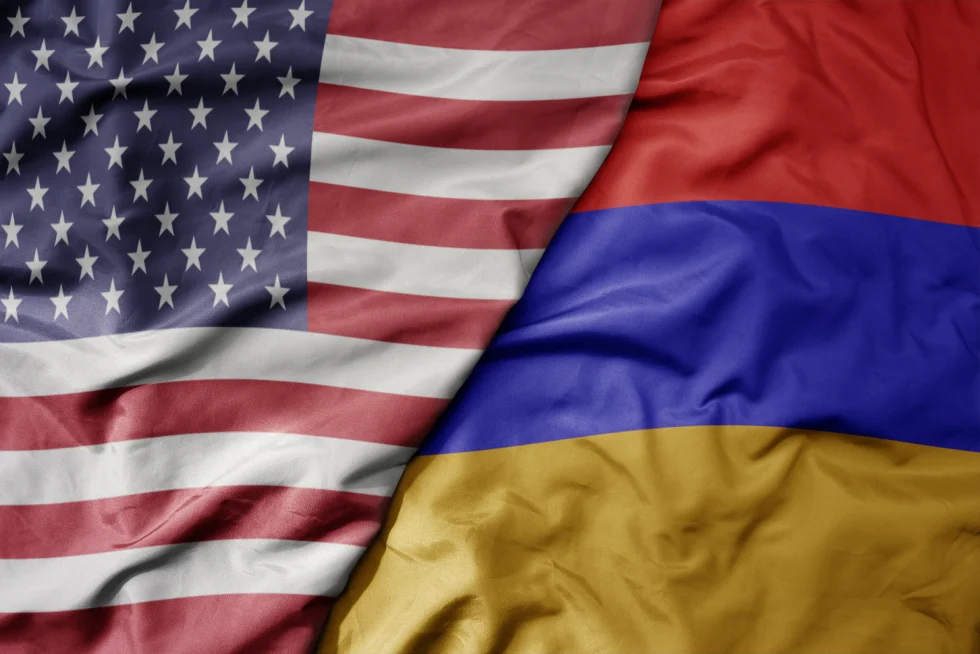



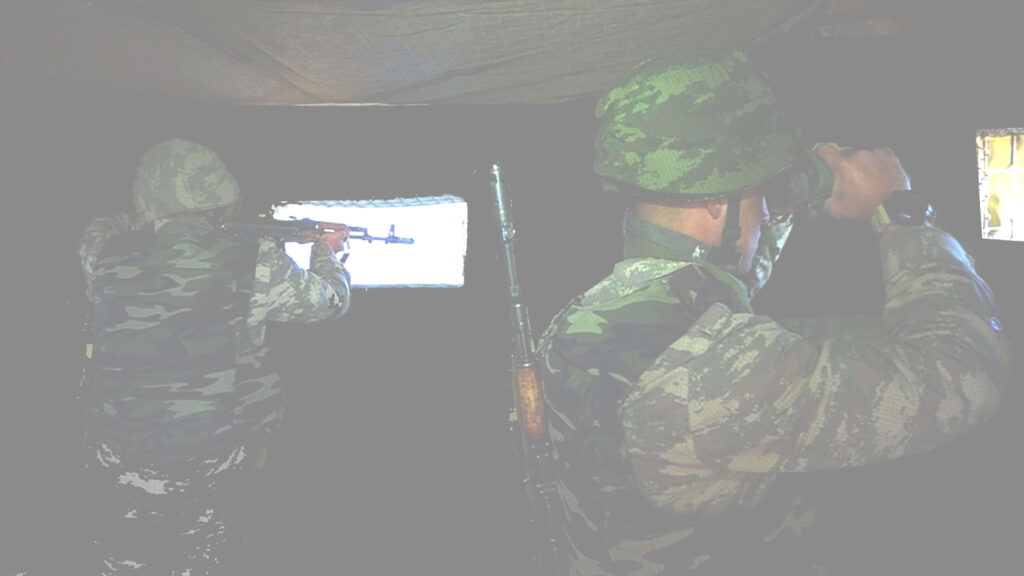
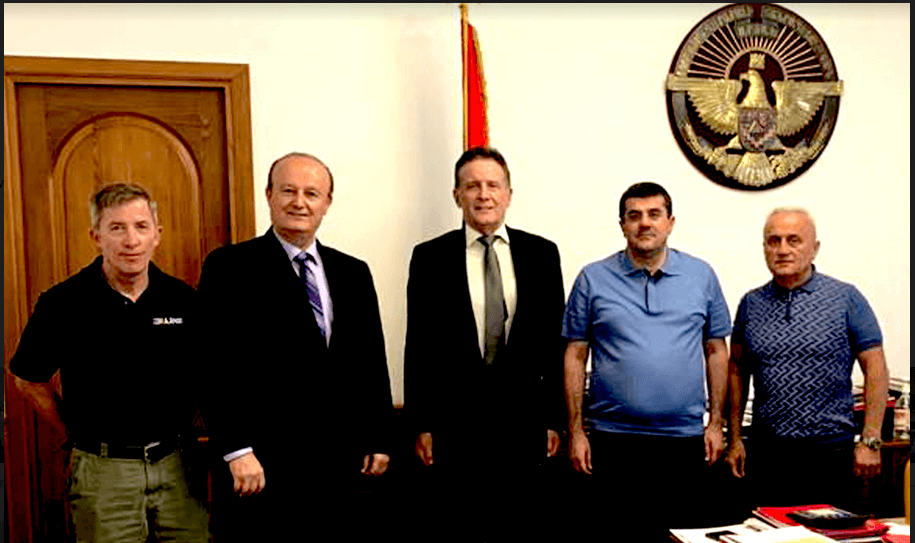

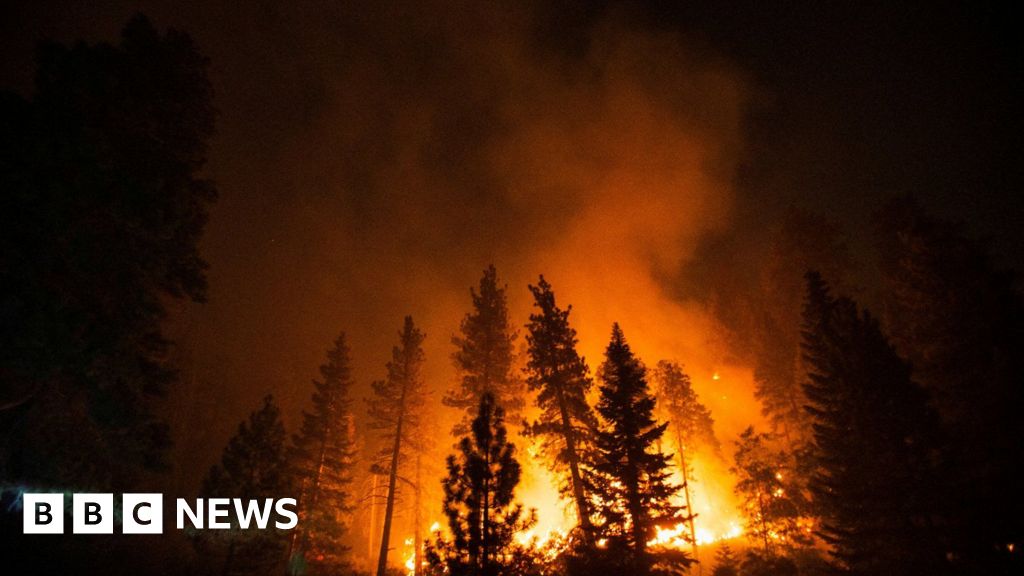
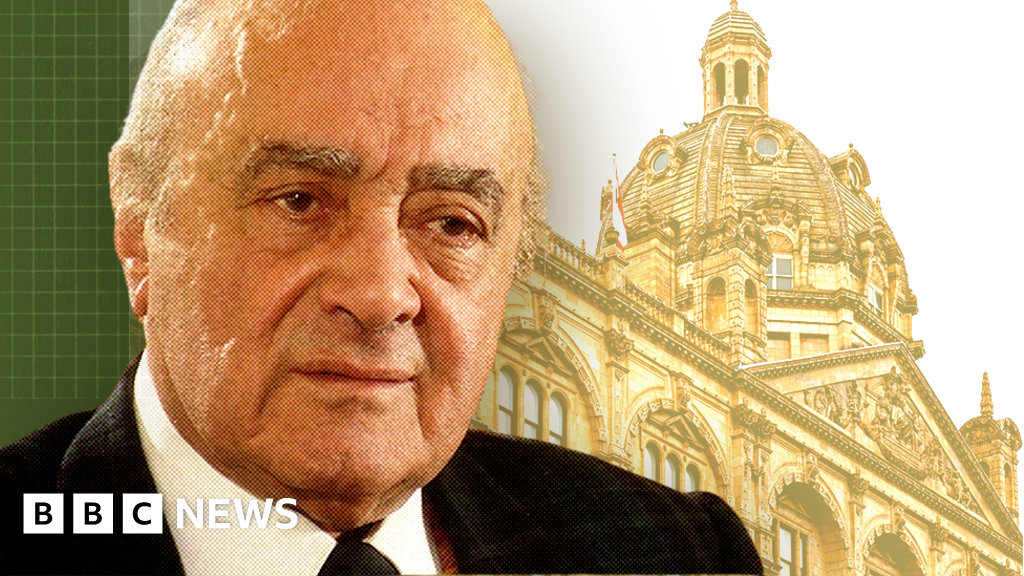

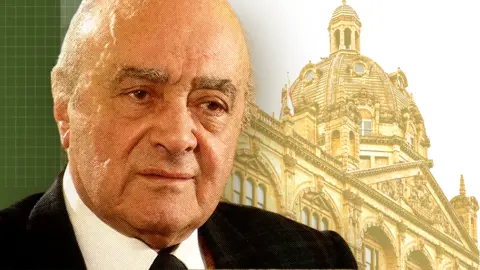






















































































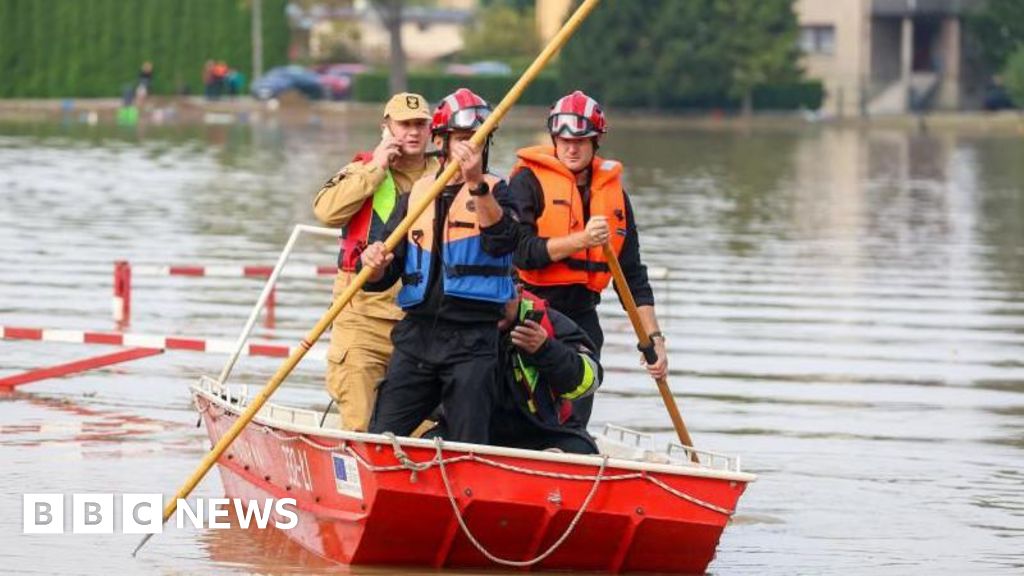













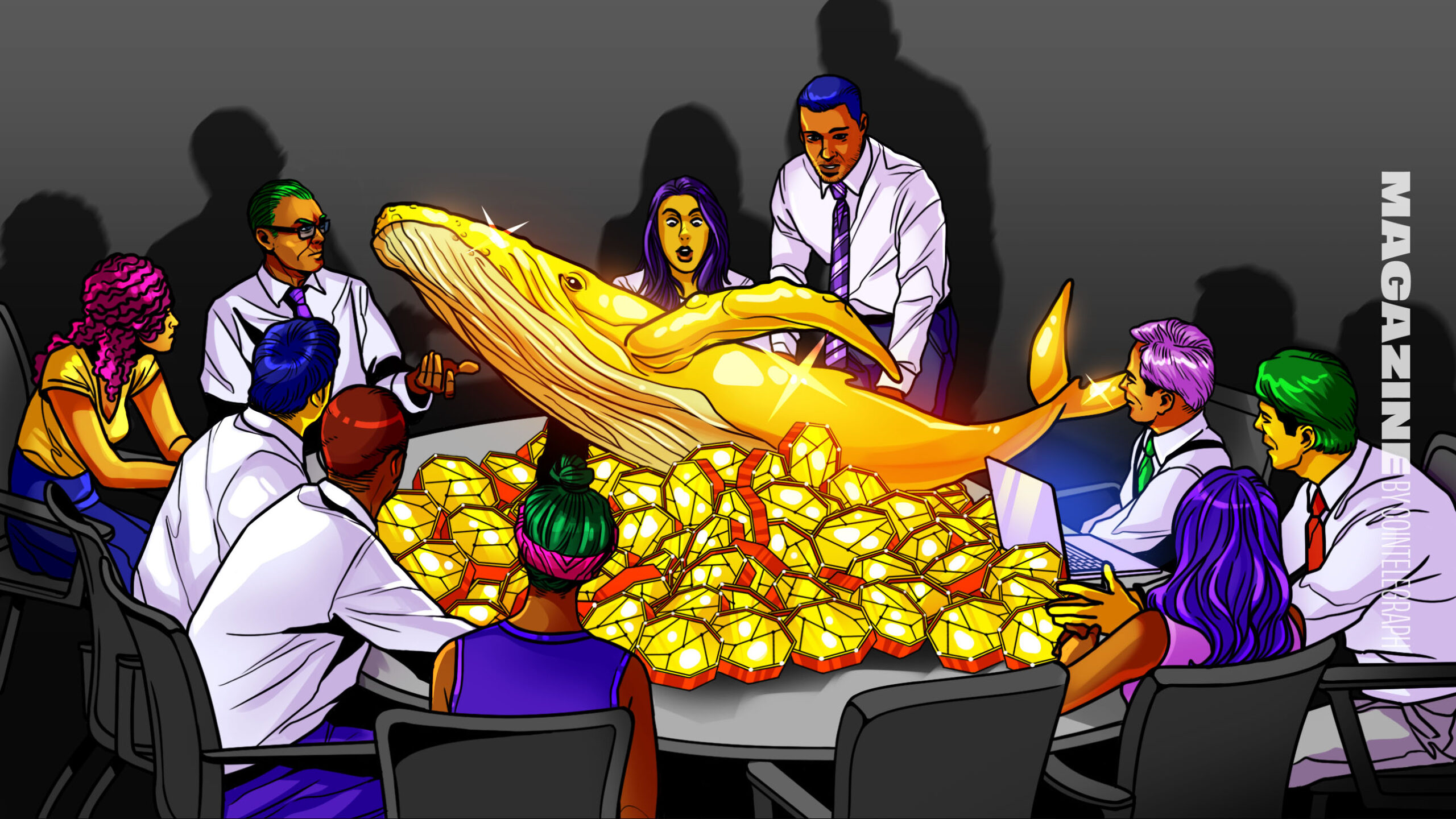











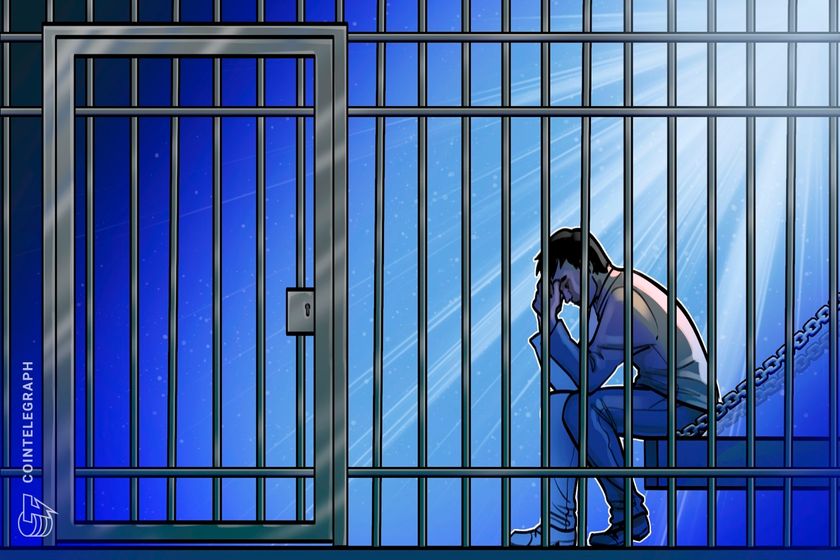







You must be logged in to post a comment Login